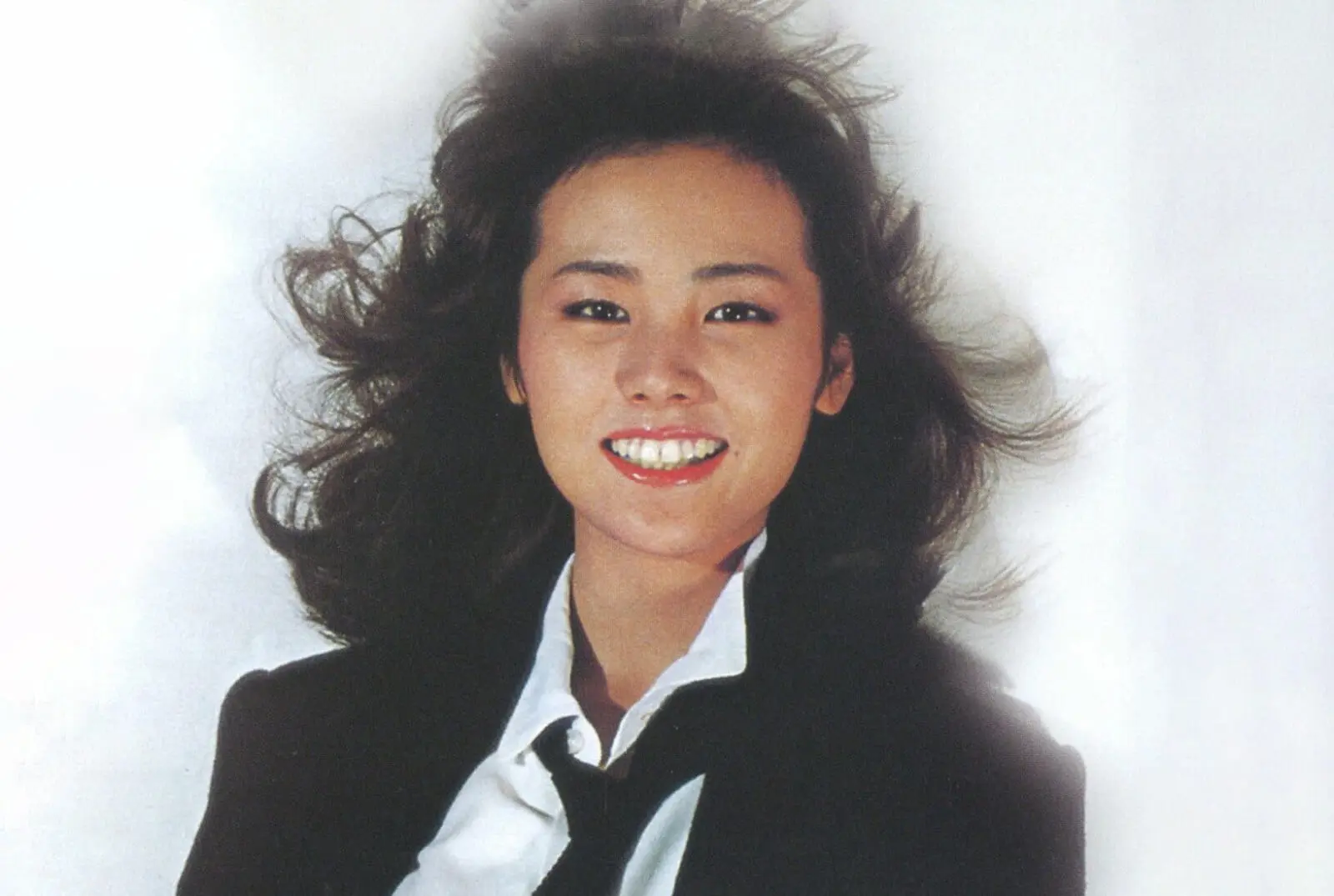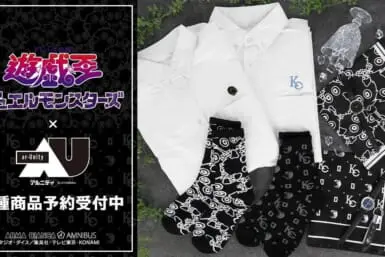Four years ago, Miki Matsubara’s 1979 debut track, “Mayonaka no Door (Stay with Me),” took the world by storm thanks to social media platforms such as TikTok and YouTube. The popular singer, who sadly passed away from cervical cancer at the age of just 44, was far more than a one-hit wonder, though. She released 10 studio albums and several compilation records during her career and was particularly well known for writing and singing anime tracks. On the 20th anniversary of her death, we’re looking back at the life and career of the city pop star.

Miki Matsubara’s Background
Miki Matsubara was born in Kishiwada, Osaka Prefecture on November 28, 1959, and grew up in the port city of Sakai. Her father worked at a hospital and her mother sang with the jazz band Crazy Cats. Watching her perform, Matsubara developed a passion for music from a young age. She began playing the piano at 3 and soon became familiar with jazz. In junior high school, she joined the rock band Kurei and later played keyboard for the group Yoshinoya Band while in high school.
Despite excelling in her studies, Matsubara decided not to go to college. Instead, she pursued a career as a singer. At the age of 17, she left Osaka for Tokyo to realize her dream. She performed at various venues while studying at Suginami High School and working a part-time job. Fatigue affected her eyesight, which meant she had to take her exams orally. It didn’t seem to impact her singing, though, as she was discovered by jazz pianist, Yuzuru Sera and, not long after, was signed by the record label, Pony Canyon.
Opening New Doors
Her talent as a singer was there for all to see. What was needed was a big hit to complement her spellbinding voice. Pony Canyon director, Haruhiko Kaneko, called on up-and-coming songwriter Tetsuji Hayashi, who wrote Mariya Takeuchi’s track “September,” to come up with a song with “an all-out Western pop feel to it.” Yoshiko Miura penned the lyrics and on November 5, 1979, “Mayonaka no Door (Stay with Me)” was released. It entered the Oricon chart at number 28, selling more than 100,000 copies.
Matsubara’s catchy follow-up single, “Ai wa Energy,” was also written by Miura and Hayashi. Used as a campaign song for supermarket chain Seiyu, it featured alongside “Mayonaka no Door (Stay with Me)” on Matsubara’s debut album, Pocket Park. The LP, released in January 1980, peaked at 13 on the Oricon chart. That same year, her second LP, Who Are You?, which included standout tracks such as “Aitsu no Brown Shoes” and “Jazzy Night,” was released. Other popular songs from her early years included “Neat na Gogo San-ji” and “Cupid,” from her third album, and “Wash,” a B-side for the underrated single “See-Saw Love.”
Anime Soundtracks
In 1984, the city pop singer released the single “Ganmo Doki” under the name Suzie Matsubara. It was used as the opening theme song for the 50-episode anime television series Gu Gu Ganmo. The track’s B-Side, “Hyokopon Kankei,” was used for the ending credits. Three Matsubara tracks — “Safari Eyes,” “Over the Top” and “Pas de Deux” — featured in Koichi Mashimo’s science fiction anime film, Dirty Pair: Project Eden. In the book, 500 Essential Anime Movies: The Ultimate Guide, author Helen McCarthy commented that it was a “movie with lots to enjoy,” adding that, “Even the cheesy ’80s pop soundtrack has its own charm.”
One of Matsubara’s most famous songs was “The Winner,” used for the opening credits of the first seven episodes of the hugely popular anime series, Mobile Suit Gundam 0083: Stardust Memory, which aired between May 1991 and September 1992. She also made an English version of the track titled “Back to Paradise,” that was played in episodes one and six. Throughout the 1990s, Matsubara continued to work on anime soundtracks as well as writing several songs for commercials and composing hits for artists such as Hitomi Mieno and Mariko Kouda.
Taken Too Soon
As well as her solo career, Matsubara also performed in the band Dr. Woo, which often featured her husband, Masaki Honjo, as a support drummer. At the end of 2000, Matsubara reportedly sent an email to the other members of Dr. Woo, in addition to her management and friends, informing them that she was leaving the music industry and that she would no longer be reachable by phone or mail. It was later learned that her reason for disappearance from the public eye was because she had been diagnosed with uterine cervix cancer. She passed away on October 7, 2004. Her husband died three years later.
Sixteen years after Matsubara’s death, Indonesian YouTuber Rainych uploaded a cover of “Mayonaka no Door (Stay with Me)” to her YouTube channel, which garnered millions of views. The original song also became a TikTok sensation, with people playing it alongside anime videos or people dancing. A new trend then emerged with people of Japanese descent playing the track to their mothers, who would light up and start singing along. The single topped the Spotify Viral chart for 20 consecutive days and was number one on Apple Music’s J-Pop rankings in 84 countries and territories. Pony Canyon subsequently rereleased both the single and Matsubara’s debut album on vinyl.









